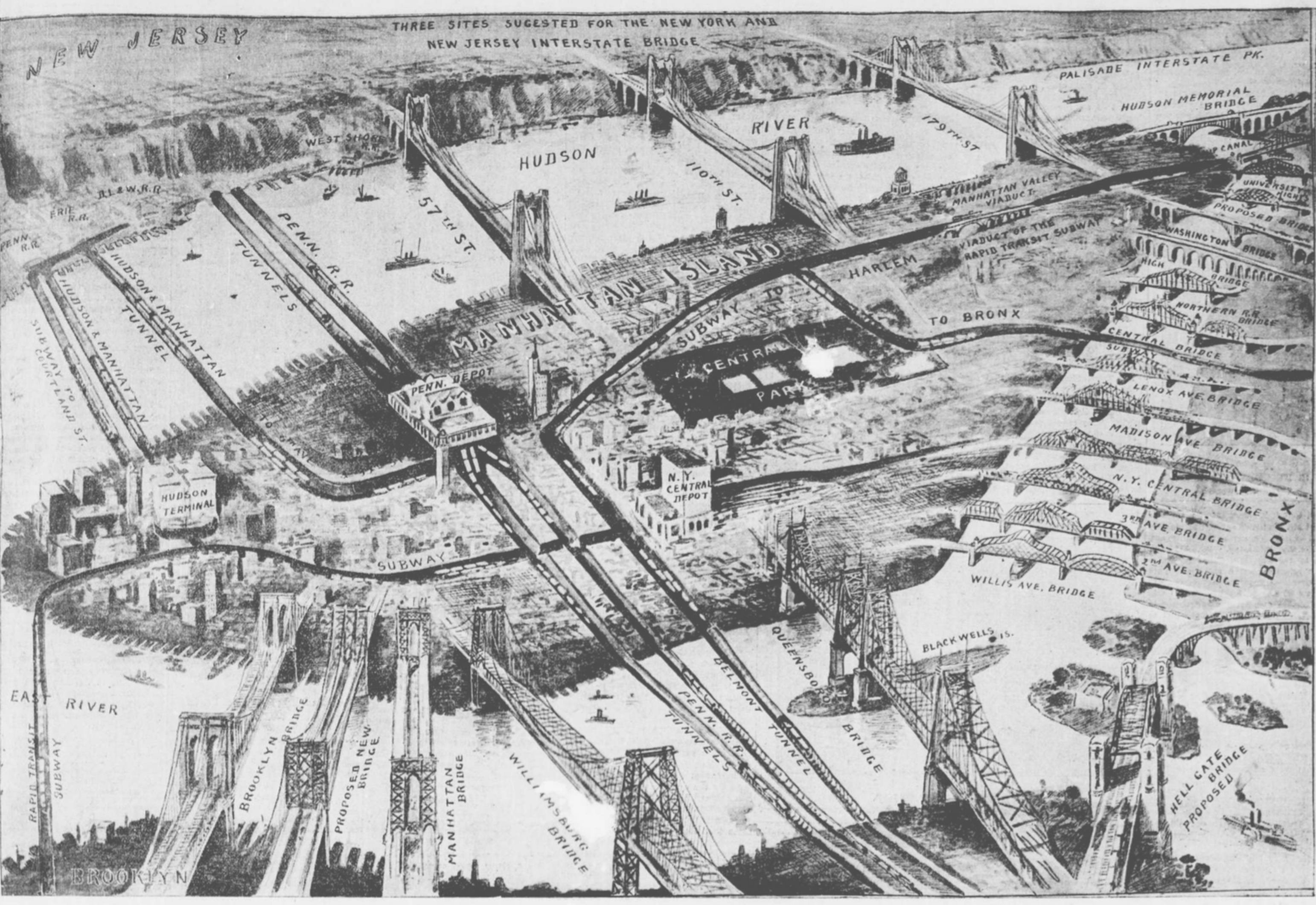

Description: 3 hours, 3 credits: Having examined a variety of important aspects of the past and present of New York City in the previous seminars, in this fourth and final seminar students analyze the interplay of social, economic, and political forces that shape the physical form and social dynamics of New York City. Students study important historical moments in social policy formation, such as the fiscal crisis of the 1970s and welfare reform, and focuses on important instances of development opportunities and challenges, from Robert Moses's highway system to a new Yankee Stadium in the Bronx to the reconstruction of the World Trade Center. By studying institutional agents of change- federal, state, and city governments, public authorities, private sector interests, community boards, and grassroots organizations- students come to appreciate the roles people take or are given in the decision-making processes of government, and the ways in which these roles are affected by patterns of access, inequality, and the operations of power. The culminating projects of this seminar are small-group presentations of students' investigations of crucial issues affecting the future of New York City.
Each Seminar 4 takes a different approach to the common theme outlined above. To understand the past, present and shape future change, this seminar has two dual strands. The first strand focuses on the physical form and social dynamics of New York City:
Expectations: Students are expected to learn both the material covered in class and the material in the assigned reading. Completing homework is an essential part of the learning experience. Students should review topics from prior courses as needed using readings, old notes and homework.
Honor Code: You are encouraged to work together on the overall design of the programs and homework. However, for specific programs and homework assignments, all work must be your own. You are responsible for knowing and following Lehman's Academic Integrity Policy, (available from the Undergraduate Bulletin, Graduate Bulletin, or the Office of Academic Standards and Evaluations). All incidents of cheating will be reported to the Vice President of Student Affairs.
Homework: Programming and written excercises are posted on the class website, usually two weeks before the due date. They reinforce concepts covered in lecture. Note that as the semester progresses, the programs will require work on design and programming outside of class to complete. To receive full credit for a program, the program must perform correctly, must include comments, and be written in good style. Accompanying written analysis is expected to be written in standard written English (i.e. use complete sentences and proper grammar). Unless otherwise noted, homework is due weekly by 4pm, Thursdays, and are submitted via Blackboard. No late homework is accepted.
Classwork & Participation: Participation is essential to a successful seminar. If you are going to miss 2 or more meetings (15% of the class), please contact MHC about rescheduling you to take another section which you can attend regularly). Every class meeting there will be graded group work or a short quiz. The top 12 grades earned will make up the class work grade. Out-of-class (field trip) attendance will also count in this grade.
Out-of-class Trip: Every Seminar 4 is required to have out-of-class activities that enhance the learning experience. Ours will be visiting the By the People: Building A Better AmericaCooper-Hewitt, Smithsosian Design Museum.
Project: A final project and presentation ("model city council") is required for this course. The grade for the project is a combination of grades earned on the milestones (e.g. deadlines during the semester to keep the projects on track) and the overall submitted project and presentation.
Grades: The grading for the course will be based on:
Textbook: There is no required textbook. Readings for the course are linked off the main webpage.
Technology: Students are expected to participate in the programming and computer exercises at each course meeting. To do so, you will need a device with internet access and ability to run Python. MHC laptops have Python installed as part of the OSX operating system. See note below about upgrading to anaconda.
This course uses the Python programming language available from python.org. We will be using the numpy, matplotlib, and scipy libraries. These do not come with the default installations of python, but comes with anaconda or visit the download pages of these libraries.
If you would prefer not to upgrade your Python installation (or would like to work through a browswer), there are several web-based services. One that already has the libraries were are using is PythonAnywhere.
Accommodating Disabilities: Lehman College is committed to providing access to all programs and curricula to all students. Students with disabilities who may need classroom accommodations are encouraged to register with the Office of Student Disability Services. For more info, please contact the Office of Student Disability Services, Shuster Hall, Room 238, phone number, 718-960-8441.
At the end of the course, students should be able to: